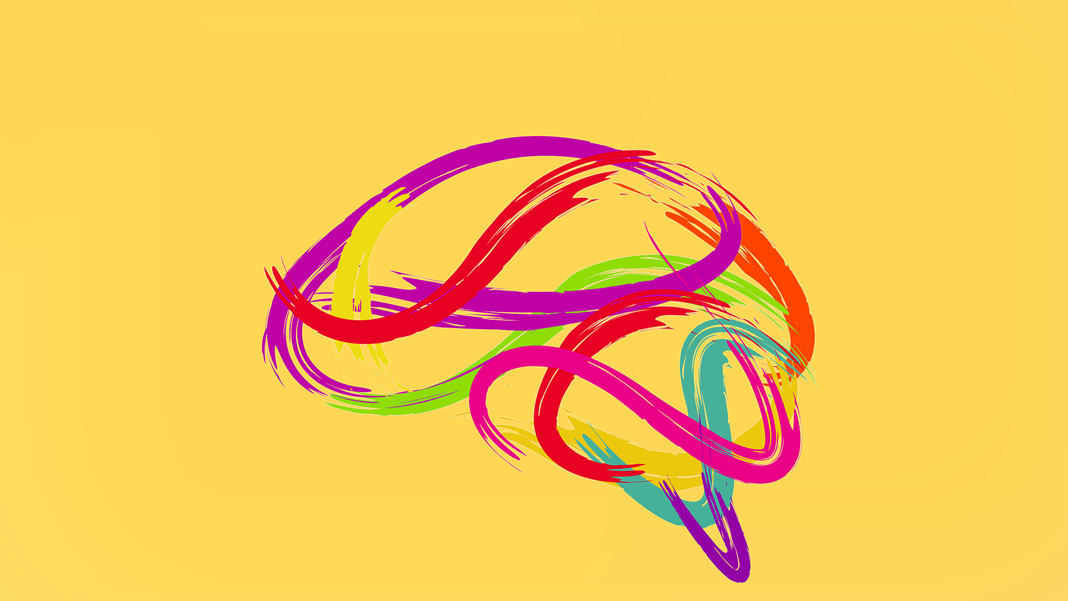
Even before the debut of OpenAI’s ChatGPT electrified the internet, the research laboratory captured the attention of the art and design world for its generative AI system, DALL-E, allowing anyone to create images of anything their heart desires by simply entering a few words or phrases.
The arrival of AI creations in the highest echelons of the art world and the proliferation of user-friendly AI software like DALL-E 2, Midjourney and Lensa have renewed debate over creative production and ownership, and prompted attempts to provide practical answers to questions previously relegated to the realm of theory:
What differentiates a machine-made painting from a work of art? How do we – as creators, curators, collectors, consumers – assign meaning and value to art? And perhaps most critically, what impact will generative-AI technology have on the future of human creativity and artistic expression?
As Walter Benjamin wrote in “The Work of Art in the Age of Mechanical Reproduction,” the modern world’s reproductive and creative technology causes all art to be divorced from its primal, ritualistic and sacred contexts, making the editing and copying and remastering of art a constant feature of art itself, so that in the modern world, art no longer speaks to eternal concepts of beauty and aesthetics but to constant flux and instability that is always mutable and changeable.
Unsurprisingly, there has been significant backlash from artists and creators, many of whom argue that generative art is plagiaristic and that it threatens human artists’ creative agency and livelihoods.
With this swift diffusion of generative AI into creative and commercial landscapes, might we enter a world where a little editing via AI, such as a film photographer editing scans in Lightroom or using filters, becomes so commonplace as to be a subtly coercive requirement of producing art at all? Or, as defenders of generative AI predict, will the technology prove to be empowering for artists, driving creative innovation through increased production capacity and accessibility?
If we value creativity and that which is inherently human, will we see a day where machine-generated creativity dominates, and purely human-oriented creativity holds a higher cultural and economic value? Or, as with the music industry, will the normalization of AI instead break down the artificial/human creative binary, fundamentally reshaping consumer preferences and public attitudes surrounding the production and consumption of art?
